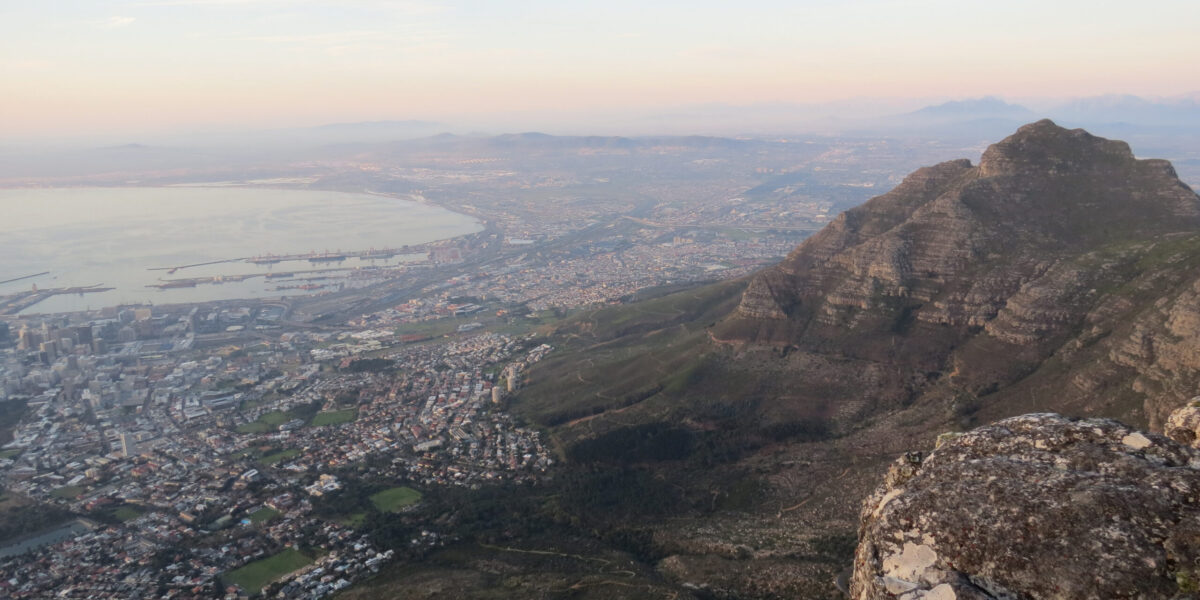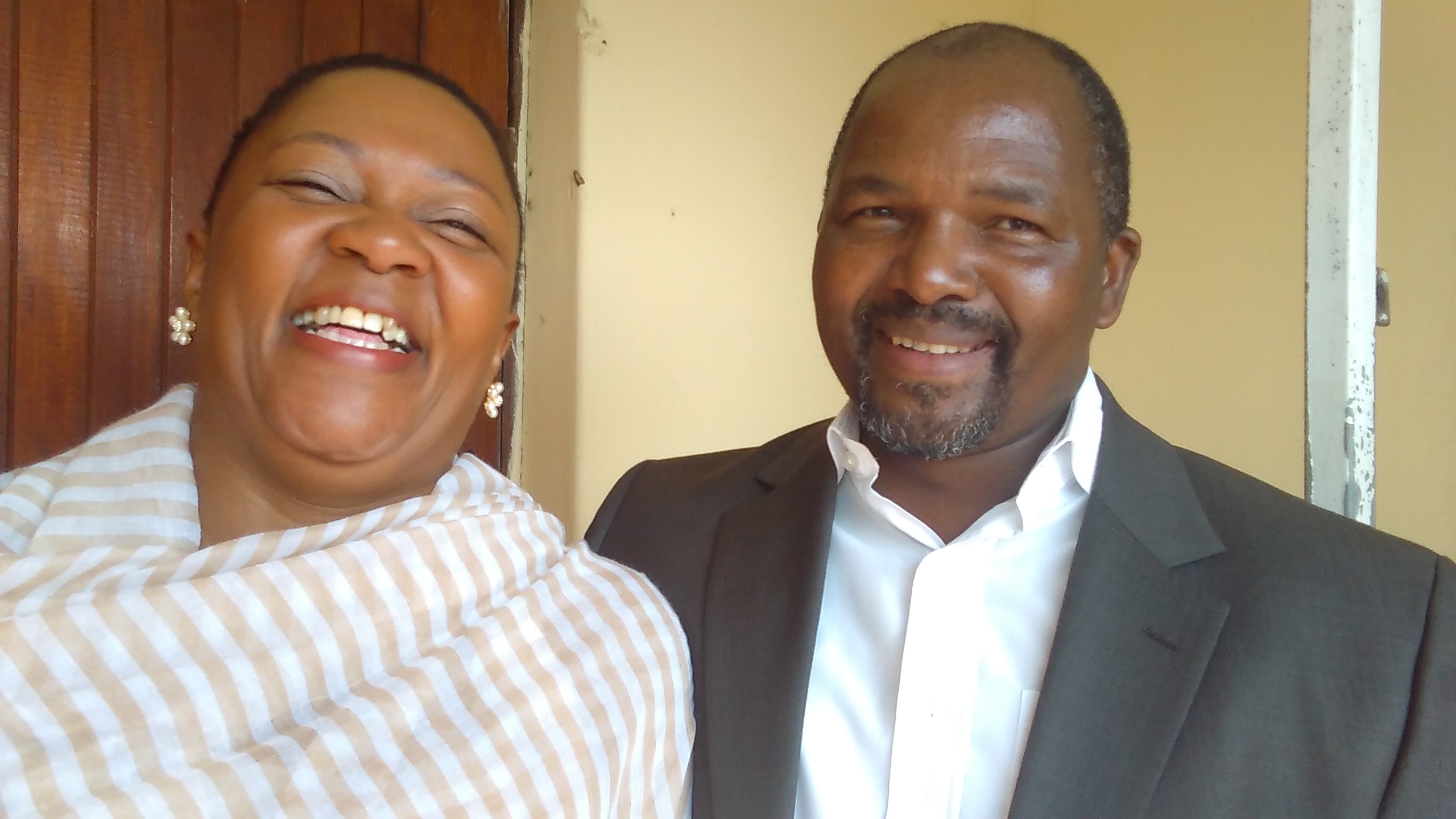ELKHART, Indiana (Mennonite Mission Network) – In recent months, international news has published alarmist reports about Cape Town, South Africa, running out of water. "Day Zero" designates the moment that three rain-filled reservoirs, the supply for the city of four million, are projected to run dry. This situation has developed over time due to diminishing rainfall and a neglect of infrastructure that hasn’t kept pace with population growth, a 30 percent increase in the past two decades.
Officials have imposed limits of 13 gallons per person daily in an attempt to avoid Cape Town becoming the world’s first major city to run out of water. This rationing has been effective to the extent that "Day Zero" has been moved into the future. Originally set for May 11, it is now projected for July 9.
What is labeled a "crisis" for Cape Town’s privileged few, is nothing out of the ordinary for more than half of the population, whose normal day includes making time to fill containers from community taps and carry the water to their homes. People living in this way don’t use more than 13 gallons per day. They take bucket baths instead of bathing in large tubs, and don’t have access to water-guzzling washing machines or swimming pools.
Oscar Siwali, director of Southern African Development and Reconstruction Agency, and Mission Network partner, said, "Most of Cape Town interprets turning scarce water resources into a crisis as a class divider, a political maneuver to pit Black and White against each other, and a money-making ploy on the part of White-owned corporations."
Black people are questioning why the issue has become news now, when townships have lived without water for a very long time, Siwali said.
"Queuing for water is a daily business [for the majority of Black communities in Cape Town], Siwali said. "Is this a big issue because it now affects the affluent community? Is it not time they queued as well?"
Siwali said that Cape Town is divided into neighborhoods by wealth and the lack of it. When resources necessary to life become scarce, these divisions become more problematic.
"As the climate changes and as more water is contaminated by our lifestyle, our failure to be good stewards of what the Lord has given us will result in catastrophe," Siwali said.
Currently, Southern African Development and Reconstruction Agency is directing their energies to prepare the countries of southern Africa for upcoming elections – perhaps July or August in Zimbabwe and next year in South Africa.








